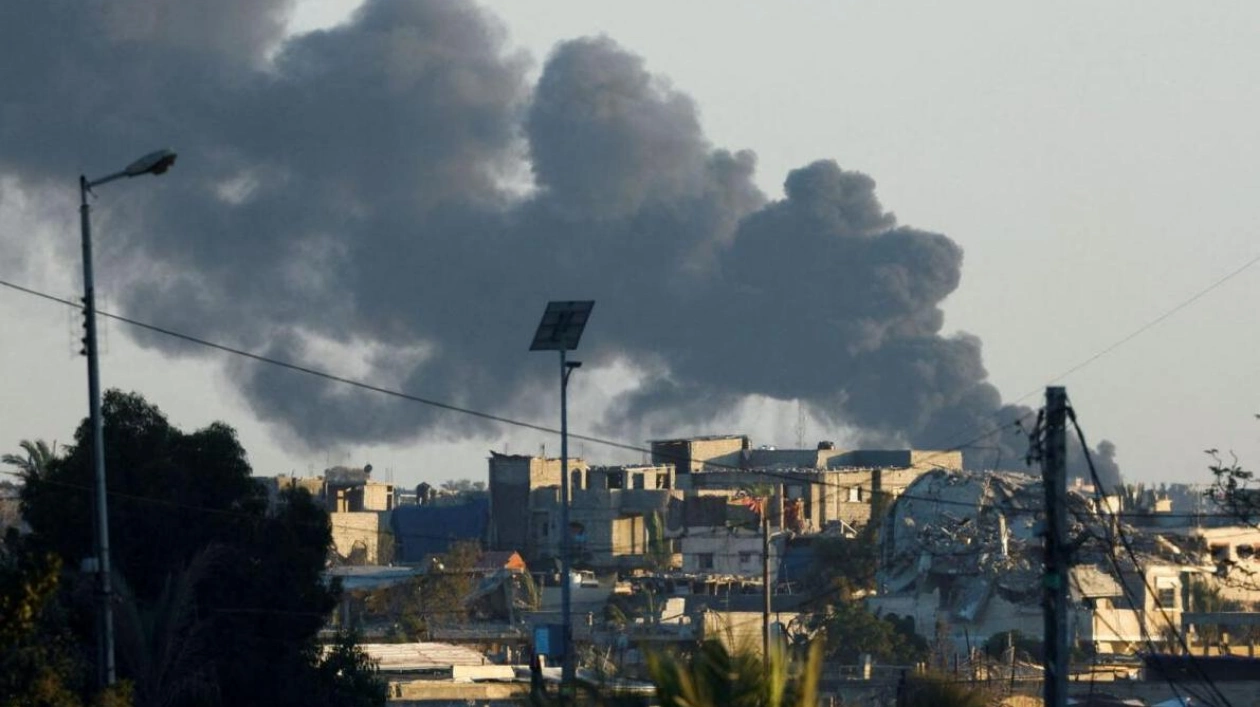Discrimination and attacks against Muslims and Palestinians in the U.S. increased by approximately 70% during the first half of 2024, according to the Council on American-Islamic Relations (CAIR). This rise in incidents is attributed to heightened Islamophobia resulting from Israel's conflict in Gaza.
Human rights organizations have observed a worldwide surge in Islamophobia, anti-Palestinian bias, and antisemitism since the escalation of the Israel-Gaza conflict in October, which has resulted in tens of thousands of deaths and a humanitarian catastrophe. CAIR reported receiving 4,951 complaints related to anti-Muslim and anti-Palestinian incidents in the first six months of 2024, marking a nearly 70% increase from the same period in 2023. The majority of these complaints involved issues such as immigration and asylum, employment discrimination, education discrimination, and hate crimes.
In 2023, CAIR recorded a total of 8,061 complaints, with about 3,600 occurring in the last three months following the outbreak of the war. Notable incidents in the U.S. over the past nine months include the fatal stabbing of a 6-year-old Palestinian-American child in Illinois, the stabbing of a Palestinian-American man in Texas, the shooting of three Palestinian-descended students in Vermont, and the attempted drowning of a 3-year-old Palestinian-American girl.
Protests against the Gaza war have been widespread in the U.S., Israel's major ally, since October. CAIR's report highlighted police and university authorities' suppression of pro-Palestinian demonstrations and encampments on campuses. The recent surge in violence in the longstanding Israeli-Palestinian conflict began on October 7 when Hamas, a Palestinian Islamist group, attacked Israel, resulting in 1,200 deaths and the capture of about 250 hostages, according to Israeli figures. The Gaza health ministry reports that Israel's subsequent military actions have led to the deaths of nearly 40,000 Palestinians and the displacement of almost the entire population of 2.3 million, exacerbating a hunger crisis and prompting allegations of genocide, which Israel denies.
CAIR gathers its data by examining public statements, videos, and reports from public calls, emails, and an online complaint system, as well as contacting individuals whose incidents have been reported by the media.






